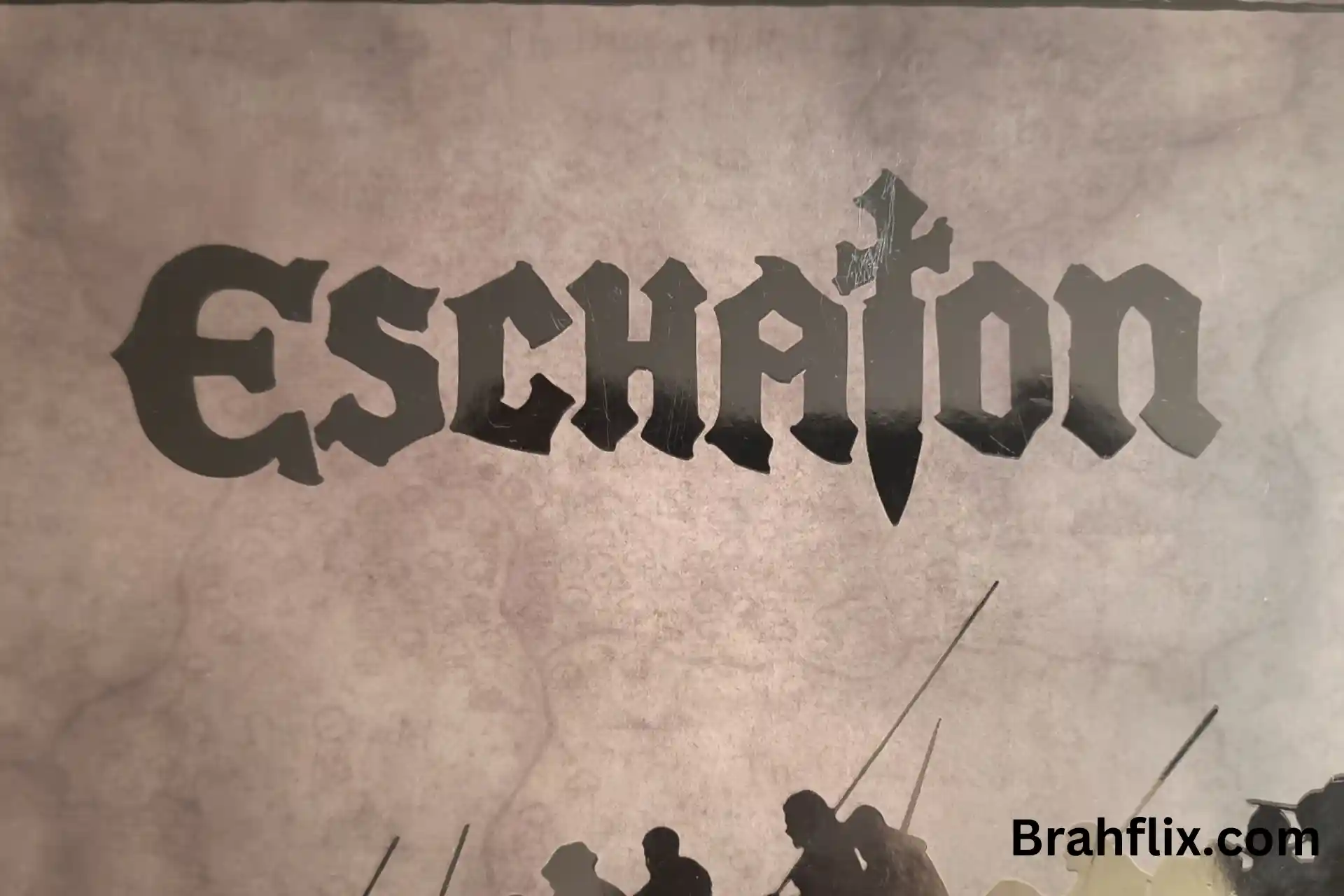Introduction
In an age characterized by uncertainty and rapid change, many people find themselves drawn to discussions about the future—especially when it pertains to the concept of the eschaton. The term eschaton refers to the ultimate destiny of humanity and the world, often associated with religious and philosophical discussions about the end of time. The Eschaton Blog seeks to illuminate these complex themes, offering readers insights into eschatological beliefs, prophecies, and the implications for contemporary society.
Key Takeaways:
- Eschatology explores concepts of end times in various religious contexts.
- The Eschaton Blog provides a platform for discussing these themes.
- Understanding eschatological beliefs can offer insights into current global challenges.
What is Eschatology?
Eschatology, derived from the Greek word eschatos, meaning “last,” refers to the study of end times or the ultimate fate of humanity. This discipline spans various religions, including Christianity, Judaism, Islam, and even philosophical schools of thought.
Historical Context
- Christian Eschatology:
- In Christianity, eschatology is often rooted in biblical texts, particularly the Book of Revelation. The belief in the Second Coming of Christ, the final judgment, and the establishment of a new heaven and earth is central to Christian eschatological thought. The Eschaton Blog frequently explores these themes through scripture analysis and theological reflection.
- Jewish Eschatology:
- Jewish beliefs about the end times focus on the coming of the Messiah, the resurrection of the dead, and the ultimate restoration of Israel. This perspective emphasizes hope and renewal, contrasting with more apocalyptic interpretations.
- Islamic Eschatology:
- In Islam, eschatological beliefs include the Day of Judgment, resurrection, and the weighing of deeds. The writings of the Prophet Muhammad and the Quran detail visions of the end times, which are frequently discussed in the Eschaton Blog.
Contemporary Relevance
Understanding eschatological beliefs is vital, as they shape the worldviews of billions. In times of crisis, such as natural disasters or global conflicts, these beliefs often gain renewed attention, prompting discussions about the meaning of current events within the framework of the eschaton.
The Rise of the Eschaton Blog
The Eschaton Blog emerged from a need for a dedicated space where individuals can explore eschatological themes in depth. With contributions from theologians, scholars, and laypersons, the blog serves as a rich resource for anyone interested in understanding these complex issues.
Why the Eschaton Blog Matters
- Diverse Perspectives:
- The blog invites a variety of viewpoints, encouraging dialogue among different faith traditions and philosophical schools.
- Educational Resource:
- By providing well-researched articles and resources, the Eschaton Blog aims to educate its readers about eschatology, equipping them with knowledge that can be applied to their understanding of current events.
- Community Building:
- The blog fosters a sense of community among readers who share an interest in eschatological discussions, providing a platform for interaction and collaboration.
Key Themes Explored in the Eschaton Blog
The Eschaton Blog addresses a range of themes, each vital to understanding eschatology and its implications for contemporary society. Below are some of the primary topics explored:
1. Prophecies and Their Interpretations
Prophecies are at the heart of many eschatological discussions. The Eschaton Blog delves into various interpretations of prophetic texts, analyzing their historical and contemporary relevance.
- Christian Prophecy:
- The blog examines prophecies from the Old and New Testaments, exploring how they have been interpreted over time.
- Judaism and Islam:
- Jewish and Islamic prophecies are also analyzed, highlighting the similarities and differences in beliefs about the end times.
2. Signs of the End Times
Many religious traditions include specific signs that herald the end times. The Eschaton Blog discusses these signs, including:
- Natural disasters, wars, and moral decay as perceived indicators of the approaching eschaton.
- The implications of current global crises, such as climate change and geopolitical tensions, as potential fulfillment of these signs.
3. Ethical Implications of Eschatological Beliefs
Eschatological beliefs often influence ethical decision-making and social responsibility. The blog explores how these beliefs can shape individual and collective actions, promoting values such as:
- Stewardship of the Earth: Understanding humanity’s role in caring for creation in light of eschatological teachings.
- Social Justice: The call to advocate for the marginalized as a reflection of eschatological hope.
4. The Role of Technology and Science
The intersection of faith, technology, and science is a recurring theme in the Eschaton Blog. Discussions focus on:
- How technological advancements challenge traditional eschatological beliefs.
- The role of scientific discoveries in shaping contemporary understandings of the end times.
5. Personal Reflections and Spiritual Growth
Many contributors to the Eschaton Blog share personal reflections on how eschatological beliefs impact their spiritual journeys. This section often includes:
- Personal anecdotes and testimonies about faith in the context of uncertainty.
- Suggestions for spiritual practices that help individuals navigate eschatological concerns.
Common Misconceptions About the Eschaton
Despite the rich tapestry of beliefs surrounding the eschaton, misconceptions abound. The Eschaton Blog aims to dispel these myths and clarify common misunderstandings:
1. Eschatology is Solely About Doom and Gloom
While many eschatological narratives include apocalyptic elements, they often conclude with themes of hope, renewal, and restoration. The blog highlights these positive aspects, encouraging readers to view eschatology through a lens of optimism.
2. All Religions View the End Times Alike
Different religions interpret the eschaton through various lenses, each bringing unique insights. The Eschaton Blog showcases these differences, emphasizing the richness of diverse perspectives.
3. Eschatological Beliefs Are Irrelevant Today
Contrary to this belief, eschatological discussions are highly relevant in today’s context, as they often inform ethical and moral decision-making in light of global challenges.
Exploring Eschatological Events Through History
The blog frequently examines significant historical events through an eschatological lens. This includes exploring how certain moments in history were viewed as potential fulfillments of eschatological prophecies:
| Year | Event | Eschatological Perspective |
|---|---|---|
| 66-73 AD | Jewish-Roman War | Viewed as a fulfillment of prophecies regarding Israel’s fate. |
| 1914 | World War I | Many believed this marked the beginning of the end times. |
| 2000 | Y2K Scare | Heightened fears of technological collapse. |
| 2020 | COVID-19 Pandemic | Prompted discussions about global crises and end times. |
The Impact of Historical Perspectives
By examining these events, the Eschaton Blog helps readers understand how historical perspectives influence contemporary beliefs about the end times. Each event serves as a reminder of the ongoing dialogue between faith and current events.
Engaging with the Eschaton Blog Community
The Eschaton Blog encourages reader engagement through various interactive features:
- Comment Sections: Allowing readers to share their thoughts and perspectives on articles.
- Social Media Platforms: Enabling broader discussions and sharing of insights related to eschatological themes.
- Guest Contributions: Inviting readers to submit their articles or reflections, fostering a sense of community and shared learning.
FAQs about the Eschaton Blog
1. What topics can I expect to find on the Eschaton Blog?
You can explore a range of topics, including prophetic interpretations, signs of the end times, ethical implications, technology’s role in eschatology, and personal reflections.
2. How does the Eschaton Blog approach different religious perspectives?
The blog is committed to providing a platform for diverse perspectives, inviting contributions from various religious traditions and encouraging respectful dialogue.
3. Can I contribute to the Eschaton Blog?
Yes! The blog welcomes guest contributions from readers who wish to share their insights or personal reflections on eschatological themes.
4. How often is new content published on the Eschaton Blog?
New articles are regularly published, ensuring that readers have access to fresh insights and ongoing discussions about eschatological topics.
5. How can I engage with other readers of the Eschaton Blog?
You can engage with other readers through comment sections, social media discussions, and community events organized by the blog.
Conclusion
The Eschaton Blog serves as a vital resource for understanding eschatology and its implications for our world today. By exploring historical perspectives, engaging with diverse beliefs, and promoting community dialogue, the blog encourages readers to consider the broader implications of eschatological beliefs in contemporary society.
As you navigate through these complex themes, what are your thoughts on the relevance of eschatology today? Are you inspired to explore further? Check out other articles on the Eschaton Blog for a deeper understanding and continued discussion on these fascinating topics!


